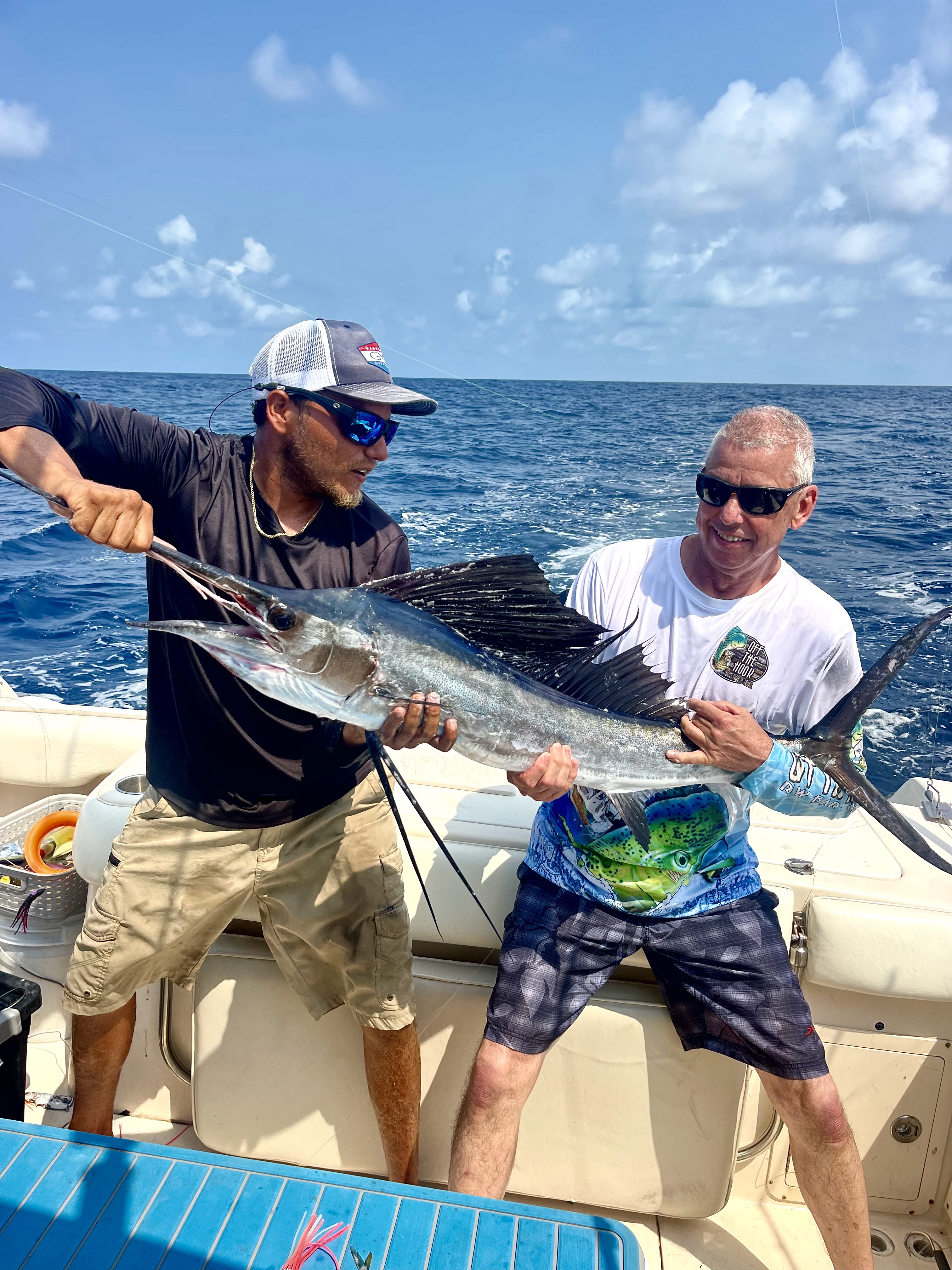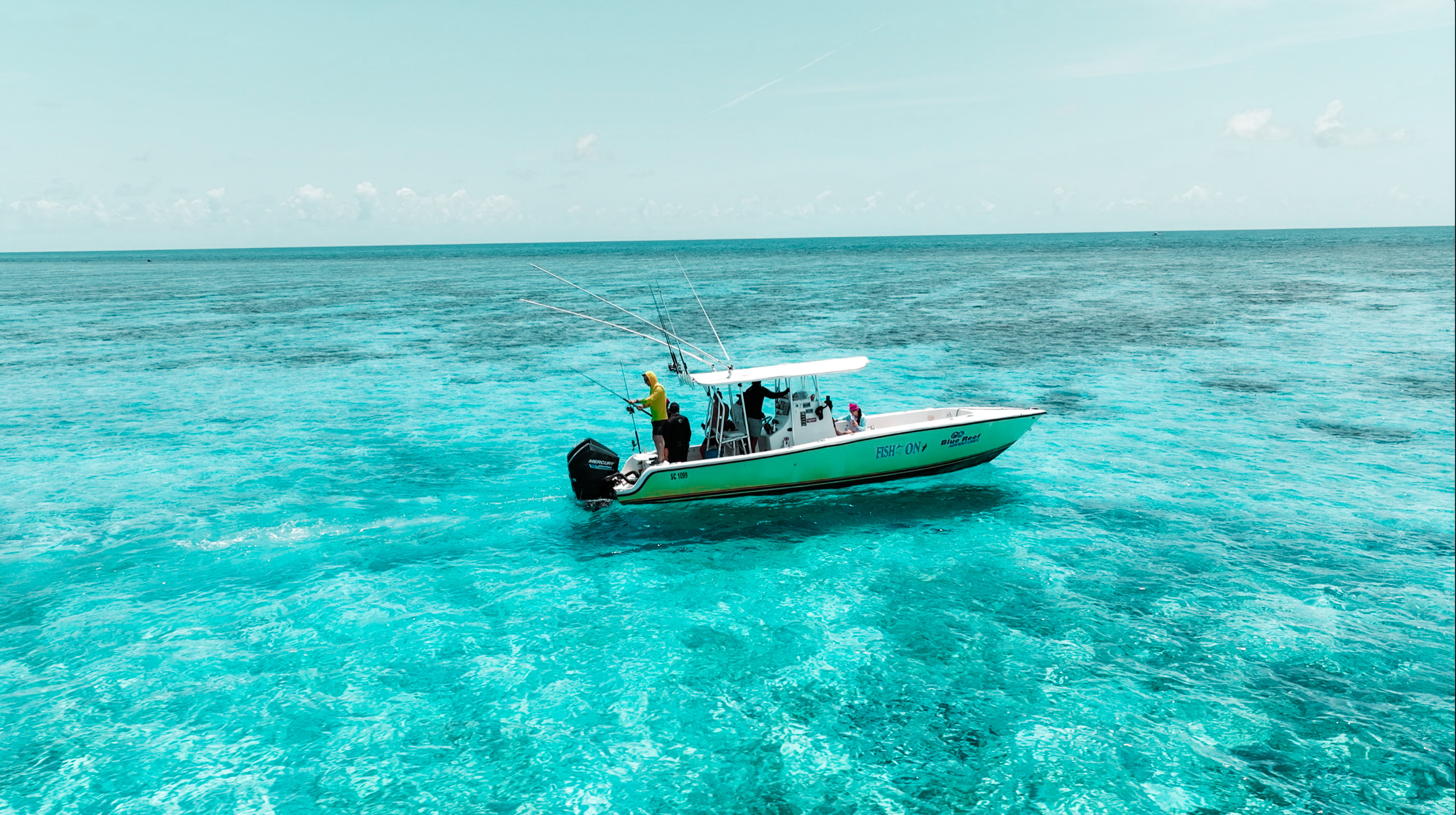Belize Fishing Laws
Fishing in Belize offers an unparalleled experience, from its vibrant reefs to rich deep-sea waters. But to fully enjoy your time on the water, it’s crucial to understand Belize’s fishing laws. In this guide, we’ll break down the essential do’s and don’ts to help you navigate Belize’s fishing regulations and ensure a responsible, enjoyable trip.
Why Understanding Belize’s Fishing Laws is Essential
Fishing Licenses – Who Needs One and How to Get It?
License Requirements:
- Anyone fishing in Belizean waters, whether for sport or leisure, must have a valid fishing license. Licenses are easy to obtain online through Belize’s Coastal Zone Management Authority (CZMA) or at local tackle shops.
Pro-Tip:
- At Belize Reef Charters, we handle the licensing process for our clients, ensuring your adventure is worry-free. Learn more about our services here.
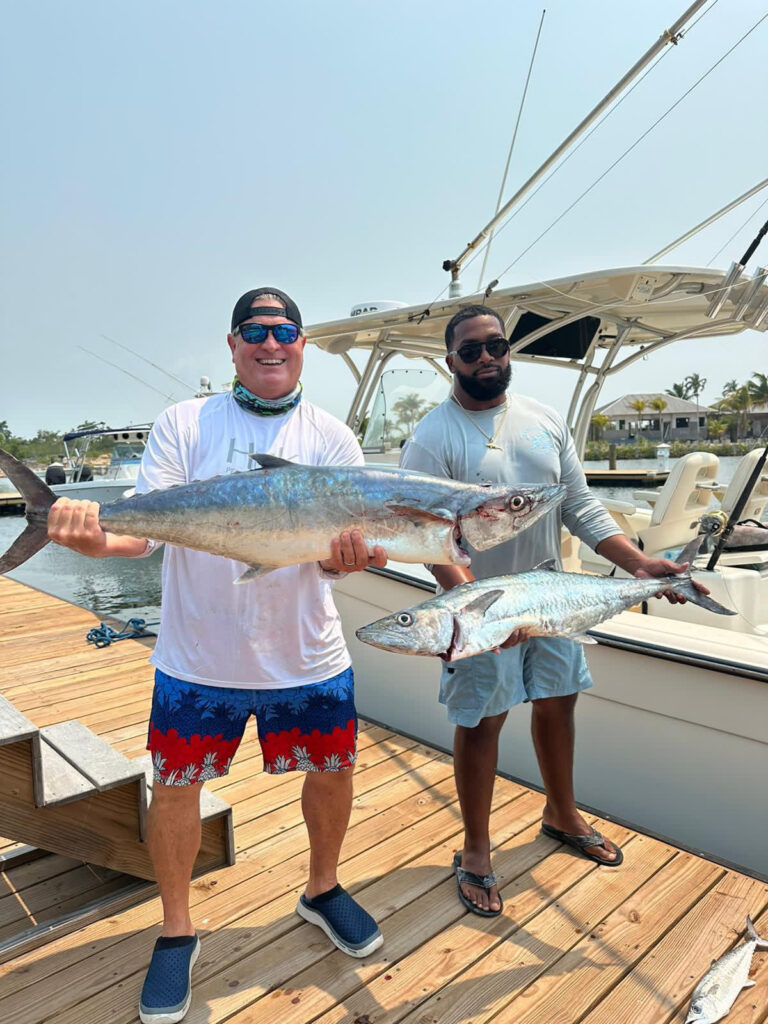
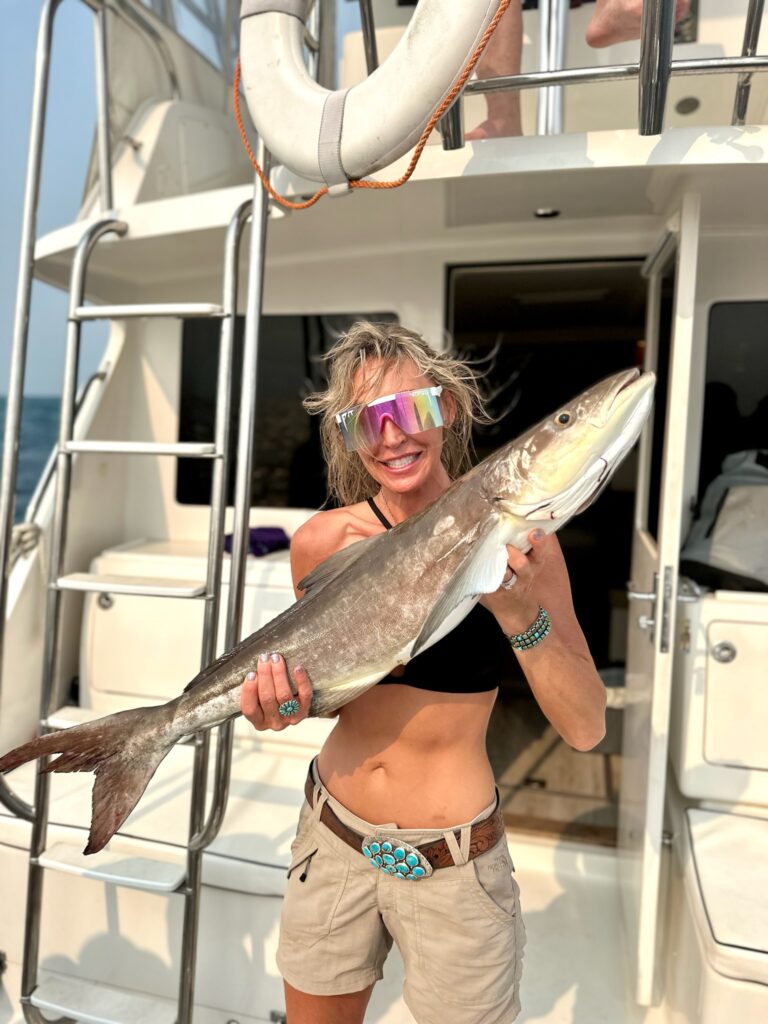
Protected Species and Catch Limits
- Protected Species:
- Belize fishing laws protect critical reef fish, like parrotfish and damselfish, which help keep reefs healthy by feeding on algae. This “reef cleaning” maintains coral health and supports biodiversity. Learn more about reef conservation.
- Catch Limits:
- Many species in Belize have specific catch and size limits to prevent overfishing. Bonefish, tarpon, and permit fish are catch-and-release only to preserve sport fish populations. For example, spiny lobsters must have a minimum tail length of 4 inches to be legally caught, ensuring younger populations can mature. Find more about fishing regulations here.
Fishing Seasons in Belize – What’s In and What’s Out
- Seasonal Restrictions:
- Belize’s fishing calendar has closed seasons for certain species to protect their breeding cycles. Lobster season, for instance, runs from June 15 to February 14, while conch season generally closes from July to September.
If you’re planning a fishing trip, check our Belize Fishing Calendar for peak seasons and species availability.
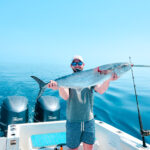
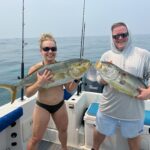
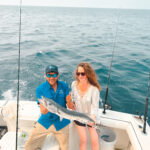
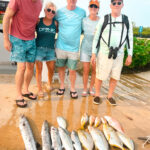
Do’s and Don’ts of Fishing in Belize
Do’s – Responsible Fishing Practices in Belize
Use Circle Hooks
- These make catch and release safer for fish like tarpon and bonefish.
Carry Your Fishing License
- Always have a valid license, as fees support conservation efforts. Get yours here.
Respect Size and Bag Limits
- For example, keep lobster tails over 4 inches and avoid overfishing to protect young populations.
Handle Fish Carefully
Keep fish in the water and wet your hands to protect their slime coat, enhancing their survival rate.
Don’ts – Actions to Avoid While Fishing in Belize
- Don’t Use Harmful Gear
- Avoid nets and spearguns in reef areas to protect marine life.
Don’t Fish Protected Species
- Species like Nassau grouper and parrotfish are off-limits due to their ecological importance.
Don’t Leave Waste Behind
- Keep Belize’s waters clean by taking all trash with you, including fishing lines and hooks.
Don’t Fish Near Coral Reefs
- Avoid fishing too close to reefs to prevent accidental damage.
Understanding Marine Protected Areas in Belize
Overview of MPAs
- Belize’s Marine Protected Areas (MPAs) are vital for conserving marine biodiversity and supporting fish populations. Key MPAs, including Hol Chan Marine Reserve, South Water Caye Marine Reserve, and Bacalar Chico National Park, are designated no-fishing zones. These areas provide safe habitats for juvenile fish, allowing species to grow and reproduce undisturbed.
Why MPAs Matter
MPAs help protect Belize’s vibrant coral reefs and diverse marine species, from parrotfish and grouper to endangered species like sea turtles. By regulating human activity, MPAs ensure that marine life can thrive, securing sustainable fishing and tourism for future generations. Learn more about Belize’s MPAs here.
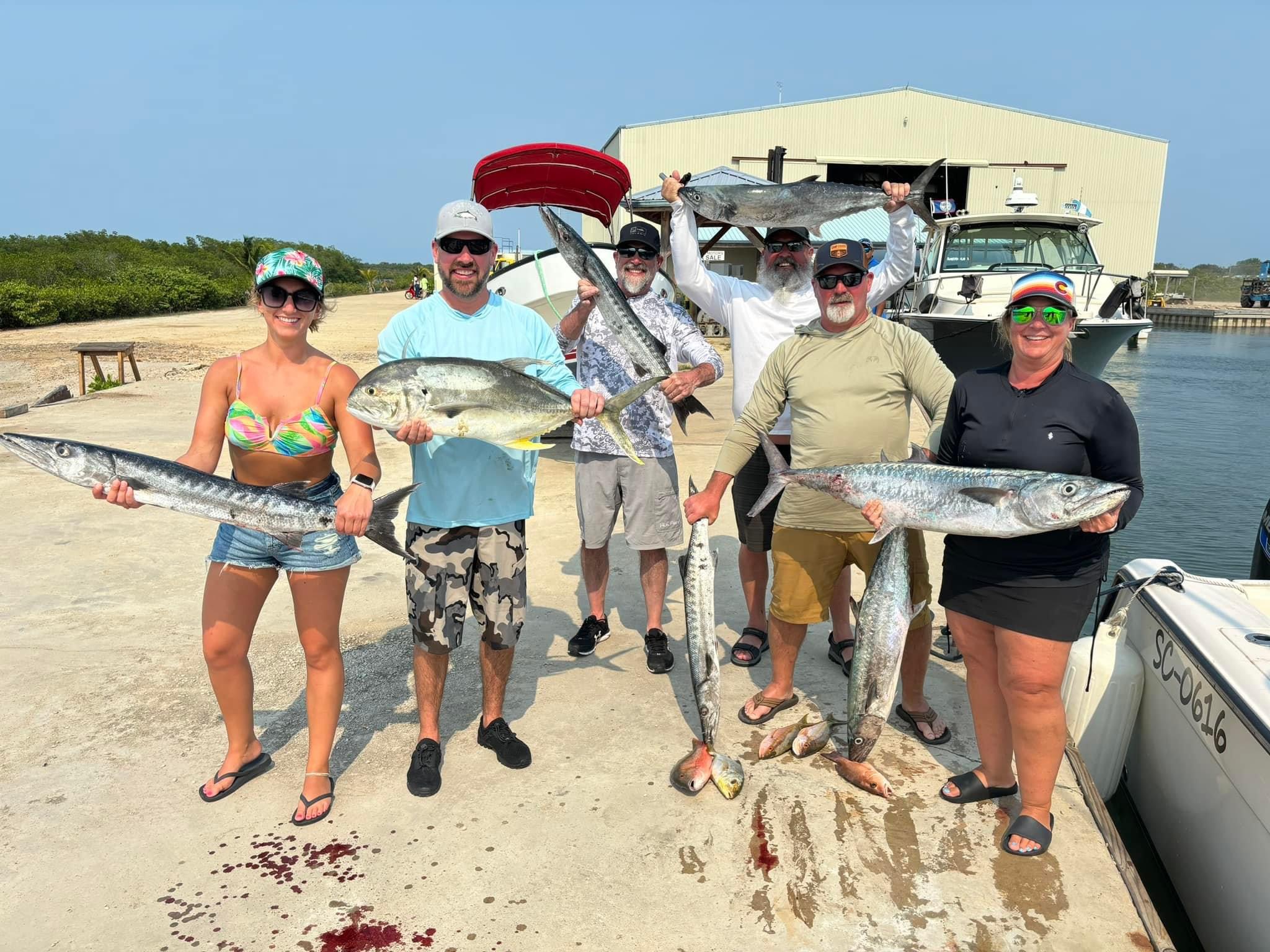
Fines and Penalties for Violating Fishing Laws in Belize
Legal Consequences
Stay Informed with Belize Reef Charters
At Belize Reef Charters, we prioritize responsible and lawful fishing practices to protect Belize’s marine resources. Our team follows all regulations, from licensing to species protection, ensuring every trip supports Belize’s conservation efforts. Learn more about our fishing charters and how we comply with Belize’s laws to provide safe and sustainable experiences.
How Belize Reef Charters Supports Sustainable Fishing
Our Commitment to Sustainability
Belize Reef Charters is dedicated to sustainable fishing practices, ensuring that our guests enjoy Belize’s marine beauty while helping to preserve it. Our guides are trained in ethical catch-and-release techniques to minimize harm, especially with species like tarpon, bonefish, and permit. We also educate our guests on Belize’s fishing laws and the importance of avoiding protected species and following size limits.
Join Us for a Responsible Adventure
We invite you to experience Belize fishing responsibly. By choosing Belize Reef Charters, you’re supporting local conservation efforts. Book your next adventure with us and help protect Belize’s marine environment for future generations.
Frequently Asked Questions (FAQ)
Do I need a fishing license to fish in Belize?
- Yes, a valid fishing license is required for all fishing activities, including catch-and-release. Licenses can be obtained online or through authorized providers. Get your license here.
What fish species are protected in Belize?
- Protected species include Nassau grouper, parrotfish, and other herbivorous fish that help maintain reef health. Fishing these species is illegal in Belize to support ecological balance. See the full list of protected species.
What happens if I’m caught fishing without a license?
- Fishing without a license in Belize can lead to fines or even legal action. To avoid penalties, ensure you’re licensed before fishing. Learn more about fishing regulations here.
Fishing in Belize offers incredible experiences for anglers of all levels, but respecting local laws and regulations is essential. By understanding and following Belize’s fishing rules, you’re contributing to the preservation of this beautiful marine environment. Whether you’re an experienced angler or a newcomer, Belize Reef Charters provides safe, responsible, and unforgettable fishing adventures. Contact us today to learn more and book your next trip
